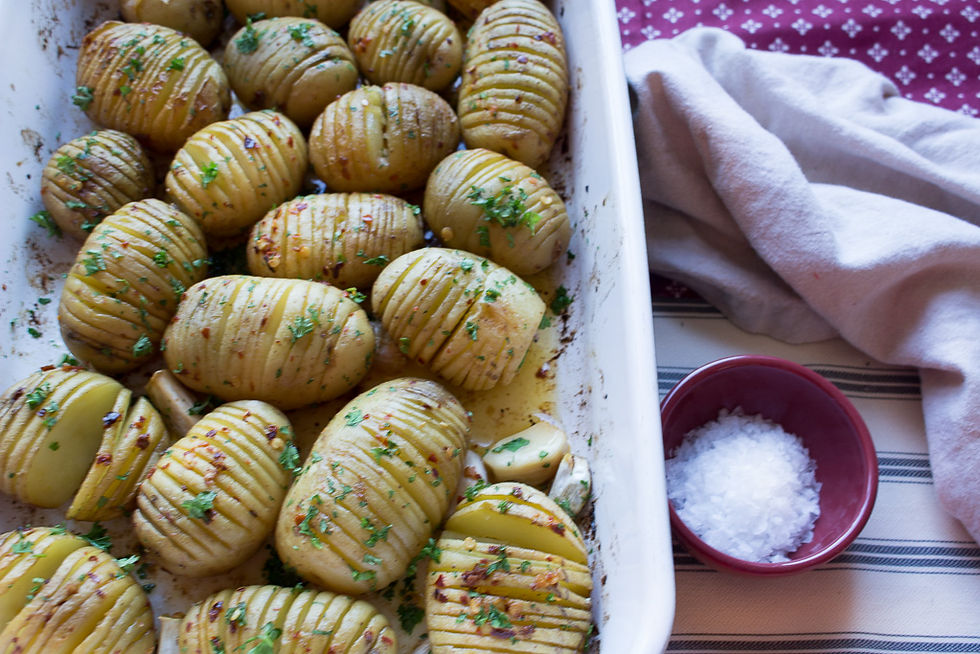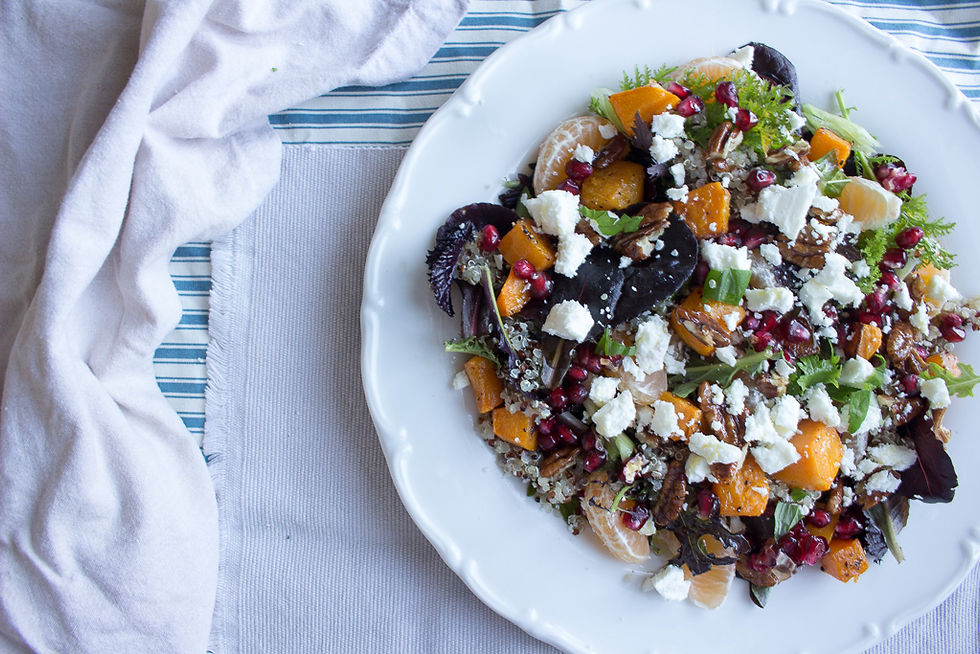Advice: Building a Healthy Cupboard, Week #4
- The Honest Project
- Mar 14, 2016
- 5 min read

Wow, I cannot believe we are on week four of Building a Healthy Cupboard. We are flying and hopefully your cupboard is filling up with lots of lovely ingredients from which to make delicious and nutritious meals. For anyone new to the Honest Project and wondering what this blog post is all about, let me explain. For the past four weeks I have been posting a shopping list every Monday; the idea is that each week you buy that week's ingredients and over time you can build a cupboard full of kitchen essentials in an affordable way. Don't worry if you have missed the first few posts, they are on the website under the 'Advice' section; just start at week number 1 and work your way through the list in your own time. Also, if you missed a week, don't worry, just catch up on that week's purchases whenever you have a chance. There is no pressure, this is just meant to be a helpful tool and don't worry if you miss some ingredients from the lists.
Building a healthy cupboard, week #4
This week I have five more ingredients for you to add to your shopping list; I have a nut butter, a nut, a legume, a bean and a condiment that will add oodles of flavour to your cooking.
Nut butter: I love nut butters and usually opt for almond, cashew or hazelnut butter. They are beautiful homemade, but if you don't have the time or desire to make your own, there are some really good ready made nut butters on the market. Just make sure to read the label and chose one that is 100% nut butter. First things first, nut butters contain quite alot of fat. However, many experts now believe that eating healthy fats is actually good for our health and our waistlines. While I don't usually sit down and eat a whole jar of nut butter in one sitting, I eat it pretty regularly and in decent amounts. As well as fats, nut butters contain protein and almond butter, in particular, contains a decent amount of vitamins and minerals. Use nut butter as an alternative to ordinary butter; it's delicious spread on toasted bread and topped with mashed banana. Use nut butters to make dressings for savoury dishes; they work especially well to make Asian style dressings such as the dressing in this Asian noodle salad or the dressing in this raw pad thai dish. Use nut butters for sweet dishes. Combine nut butter with dates to make beautiful vegan and refined sugar free caramel as in this salted caramel tart. USe cashew nut butter to make white chocolates; check out these lemon and vanilla white chocolates and this white chocolate mousse.
Almonds: We added cashew nuts to our store cupboards last week, so this week it's the turn of almonds. Almonds are a good source of plant based protein with one cup containing 20 grams of protein. They are also a great source of fibre, vitamin E, B vitamins and minerals such as calcium, magnesium, phosphorus, potassium, zinc, copper and manganese. Buy almonds raw and whole. Use almonds to make almond nut butter and almond milk. I love making my own almond milk and it's surprisingly easy and quick to do; try this recipe. Make energy balls or grind almonds into almond flour and use it to make homemade biscuits like these ginger and cayenne pepper biscuits.
Lentils: Lentils are a great source of plant based protein. I eat them for lunch and dinner regularly. one cup of cooked lentils contains almost 18 grams of protein. They are a fantastic source of folate, iron, phosphorus and manganese. Use them to make this delicious lentil and summer vegetable salad or this vegtable lentil nut roast. If you want to add lentils to your diet, but aren't one for following recipes, just cook up a batch of lentils, dress them in a little olive oil, lemon juice, sea salt and black pepper and add them as a side to whatever meal you are having.
Cannellini beans: Where would we be without beans? They are so versatile and can be added to lots of different dishes, from salads to stews to curries. You can even make brownies with beans. This week I have added cannellini beans to your shopping lists as they are one of my favourite. Cannellini beans are a rich source of plant based protein with one cup containing 19 grams of protein. They are also a good source of folate, and minerals, specifically iron, magnesium, and manganese. People mightn't usually associate beans with antioxidants, but they are actually a really good source of antioxidants too. Like chickpeas from last week's list, beans can be bought dry or canned. Dry beans need to be soaked overnight and cooked in water that has been brought to the boil and reduced to a simmer for about ninety minutes. Tinned beans have already been cooked and so are ready to eat straight from the can. Use cannellini beans to make one of my favourite recipes; smoky baked beans in tomato sauce or this cannellini bean and garlic dip. Again, you don't have to follow a recipe as beans can be added to just about any dish for extra protein; think salads, stews, curries, soups, etc.
Tamari: Tamari is similar to soy sauce in that both are byproducts made from fermented soybeans, the difference being that soy sauce usually contains gluten whereas tamari usually does not (for anyone who cannot eat gluten, double check that the brand of tamari you buy is actually gluten free as I understand that some brands may contain a small amount). Regardless of whether you can or cannot eat gluten, I think tamari is still a better option than soy due to its richer and more balanced flavour. Tamari is traditionally used in Japanese cooking so works great with Japanese food, but has many other uses too. Use tamari to dress up vegetables like in this pea and broccoli salad with a tamari dressing or in my raw pad thai with a creamy tamari cahsew sauce. Team it with miso paste to make these miso vegetable pot noodles.
All of these ingredients are readily available in local wholefood shops, health stores and supermarkets. Once you have these five ingredients, your kitchen cupboard will consist of olive oil, coconut oil, quinoa, brown rice, lentils, chickpeas, cannellini beans, oats, sunflower seeds, pumpkin seeds, cashew nuts, almonds, nut butter, tamari, smoked paprika, turmeric, cinnamon, raw cacao, sea or rock salt and black pepper; that's quite the well stocked cupboard. Next Monday, part 5 of 'Building a Healthy Cupboard' will bring you the next set of ingredients to add to your shopping basket.
Happy shopping folks.
Frances x







Comments